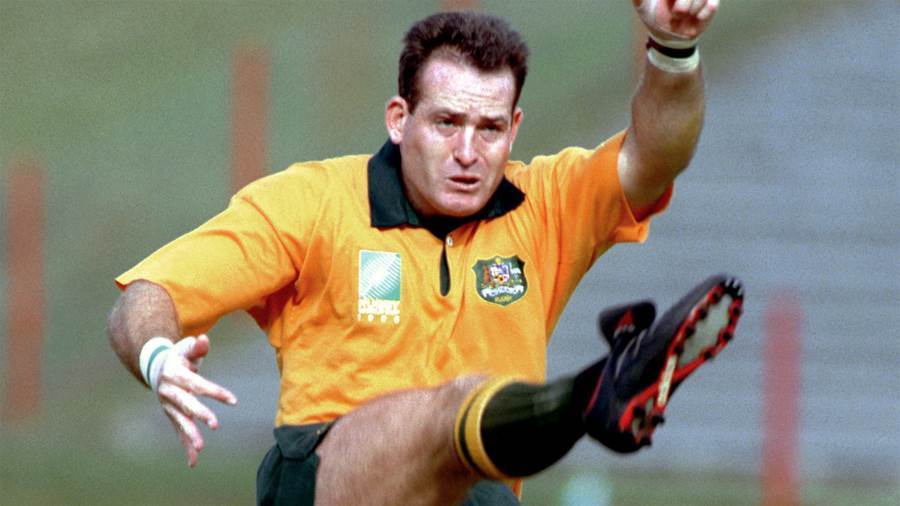
Unpacking the Bomb Squad: South Africa's Secret Weapon or a Time Bomb?
By Kenny, Rugby Enthusiast and Editor

As a passionate rugby fan, I've been captivated by South Africa's "Bomb Squad" strategy—a tactical innovation that has redefined bench roles in modern rugby.
Introduced during the 2019 Rugby World Cup, this approach involves selecting a forward-heavy bench, often with a 6-2 or even 7-1 split, allowing the Springboks to unleash a fresh wave of physicality in the latter stages of the game .
While the strategy has garnered praise for its effectiveness, it has also sparked debates about player safety and the spirit of the game. Critics argue that such heavy substitutions can lead to increased injury risks and disrupt the flow of the match .

Australian rugby legend David Campese has been vocal in his criticism of the Bomb Squad. In a candid interview, Campese expressed concerns that the tactic might be detrimental to the sport, suggesting it could lead to a more brutal and less skillful game .
His remarks have ignited discussions among fans and analysts alike.
Some agree with his viewpoint, emphasizing the importance of maintaining rugby's traditional values, while others defend the strategy as a legitimate evolution of the game.

The Bomb Squad's success has not gone unnoticed. Teams like France and Scotland have experimented with similar bench strategies, adopting 6-2 splits in an attempt to replicate South Africa's success .
However, these attempts have met with mixed results. While some teams have found success, others have faced challenges in implementing the strategy effectively. This has led to further debates about the viability and fairness of such tactics in international rugby.

World Rugby has acknowledged the growing trend of forward-heavy bench selections and is monitoring the situation closely. While there is no official ban on the Bomb Squad approach, the governing body has emphasized the need to balance innovation with player safety and the integrity of the game .
This ongoing evaluation underscores the dynamic nature of rugby and the continuous evolution of its strategies.

As a fan, I find the Bomb Squad strategy both intriguing and concerning. On one hand, it showcases the innovative spirit of modern rugby, pushing the boundaries of traditional tactics. On the other hand, it raises important questions about the direction in which the sport is heading.
Ultimately, the future of the Bomb Squad will depend on its ability to balance effectiveness with the core values of rugby.
As fans, it's our responsibility to engage in these discussions, ensuring that the sport we love continues to evolve in a way that respects its rich traditions.
What are your thoughts on the Bomb Squad? Do you believe it's a strategic innovation or a step too far? Share your opinions and let's continue the conversation.





















